As the patient*, you have the right to:
• Receive medical care that respects your personal values and beliefs and strives to address your physical, emotional, and spiritual needs.
• Be informed of your diagnosis (the condition for which you are seeking care), treatment, prognosis (possible outcome), and proposed procedures, including the risks involved, in terms that you understand.
• Receive appropriate initial and ongoing assessment and management of pain. Memorial Hospital and Memorial Medical Clinics coordinate and support activities and resources to ensure that your pain is recognized and addressed in a timely manner.
• Know all of your treatment options and participate in decisions about your care. This includes the right to accept or refuse treatment and to be informed of the medical consequences of refusing treatment. This decision-making power transfers to a patient’s legally authorized responsible person or next of kin under one or more of the following circumstances:
1. The patient has been declared incompetent (unable to make decisions) in accordance with the law.
2. The patient has been found by his or her physician to be unable to understand the proposed treatment or procedure.
3. The patient is unable to communicate his or her wishes regarding treatment.
4. The patient is a minor (not of legal age).
• Have an advance directive in which you can express your wishes regarding treatment and select someone to make healthcare-related decisions for you, should you be unable to do so.
• Agree or refuse to participate in proposed research studies affecting care and treatment and to have those studies fully explained prior to making your decision.
• Have privacy and confidentiality as they relate to you and your medical records. Memorial Hospital and Memorial Medical Clinics recognize your right to review these records and otherwise restricts access to them, allowing them to be viewed only by legally authorized individuals.
• Have your physician’s plan of care carried out in a safe and competent manner by qualified personnel.
• Know the identity of your physicians, nurses, and others involved in your care and know if any of the caregivers are students, resident physicians or other trainees.
• Have Memorial Hospital and Memorial Medical Clinics respect your right to life, dignity, and religious and cultural beliefs.
• Receive care to make you as comfortable as possible at all stages of life, including end-of-life care, and have your spiritual needs and those of your family met.
• Request a discussion of ethical issues relating to your care, including issues of conflict resolution, resuscitation (being revived if you stop breathing), and life-sustaining treatment.
• Be informed of available resources for resolving disputes, grievances, and conflicts, such as the Ethics Committee, Social Services, or other services available within Memorial Hospital and Memorial Medical Clinics. Call Social Services at 357-6527 (dial extension 6527 from within the hospital) or the clinic at 217-357-2173 for guidance in accessing appropriate resources.
• Be made aware of protective services. Specific information on protective agencies and procedures will be provided upon request.
• Receive any necessary assistance with communication, including interpreters and assistive devices.
• Receive a detailed billing explanation and obtain an itemized bill upon request.
As the patient*, you are responsible for:
• Providing, to the best of your ability, accurate and complete information about your pain; medical history, including past illnesses, hospitalizations, medications, sensitivities or allergies to drugs and other agents, and other matters related to your health.
• Informing appropriate healthcare professionals of any change in your condition or reaction to your treatment.
• Asking questions if you do not understand your plan of care or treatment.
• Following the instructions of your healthcare providers.
• Informing healthcare providers if pain has not been relieved and working with them to develop a pain management plan.
• Keeping appointments. Should you be unable to do so, you are responsible for notifying the appropriate healthcare providers in a timely fashion.
• Accepting consequences for refusing treatment or not following healthcare providers’ instructions.
• Following Memorial Hospital and Memorial Medical Clinics rules and regulations affecting patient care, conduct, safety and visiting hours.
• Showing consideration for other patients and respecting Memorial Hospital and Memorial Medical Clinics staff and property. This includes controlling
noise, limiting the number of visitors, and observing the no-smoking policy.
• Informing healthcare providers as soon as possible if your rights have been or may be violated.
• Providing insurance information for processing bills and ensuring that financial obligations are fulfilled as promptly as possible.







